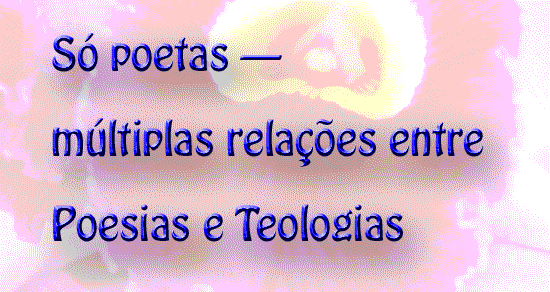As pessoas do Pessoa e a religiosidade “fingida”
DOI:
https://doi.org/10.19143/2236-9937.2016v1n1p45-78Resumo
Fernando Pessoa (1888-1935) era um fingidor, ele mesmo advertira. Sua compreensão de Religião ia além dos limites sociais estabelecidos. O recurso da heteronímia que possibilitou-lhe uma religiosidade pluriforme. Zigmunt Bauman defende a tese de que há uma nova modernidade chamada “modernidade fluída”, caracterizada pela existência de uma mão invisível que desarticulou a sociedade pela ausência de padrões e referências. Tal fato provocou mudanças na condição humana, o que exige repensar os velhos conceitos que permeavam nossas análises. Este trabalho objetiva discutir que tanto no caso da Religiosidade em Pessoa, quanto no contexto atual, não é o desinteresse religioso que caracteriza nossa sociedade, é sim, a configuração de uma crença que escapa às grandes religiões. Para tanto, nesta pesquisa, partimos da literatura pessoana e olhamos a diversificação da própria crença religiosa.
Palavras-chave: Fernando Pessoa, Religiosi-dade, Epistemologia, Sociologia da Religião
Downloads
Publicado
Como Citar
Edição
Seção
Licença
A TeoLiterária – Revista de Literaturas e Teologias é detentora dos direitos autorais de todos os artigos publicados por ela. A reprodução total dos textos em outras publicações, ou para qualquer outro fim, por quaisquer meios, requer autorização por escrito do editor. Reproduções parciais de artigos (resumo, abstract, mais de 500 palavras de texto, tabelas, figuras e outras ilustrações) deverão ter permissão por escrito do editor e dos autores.



